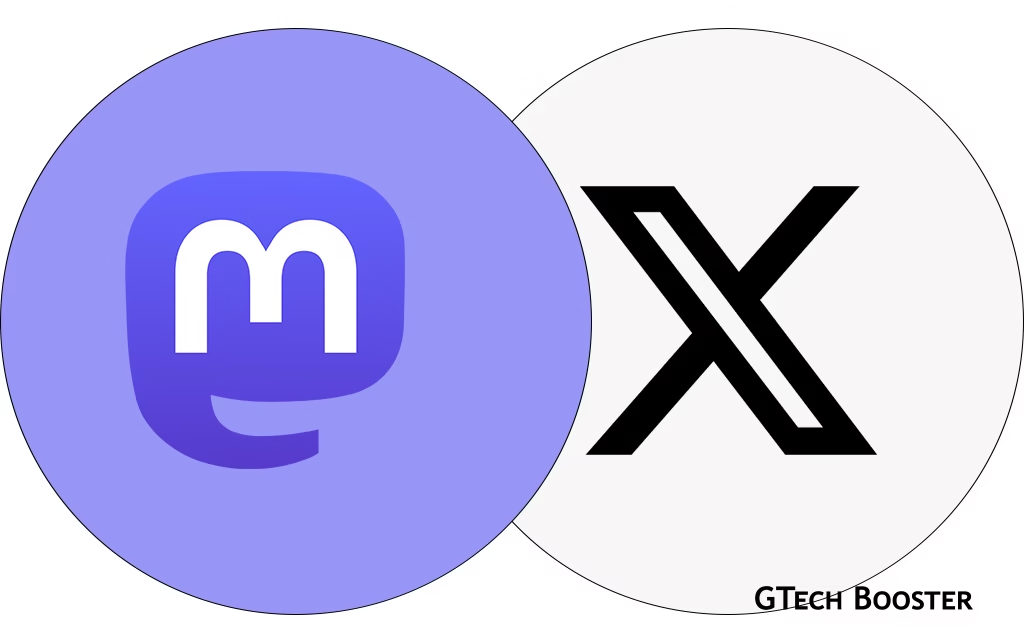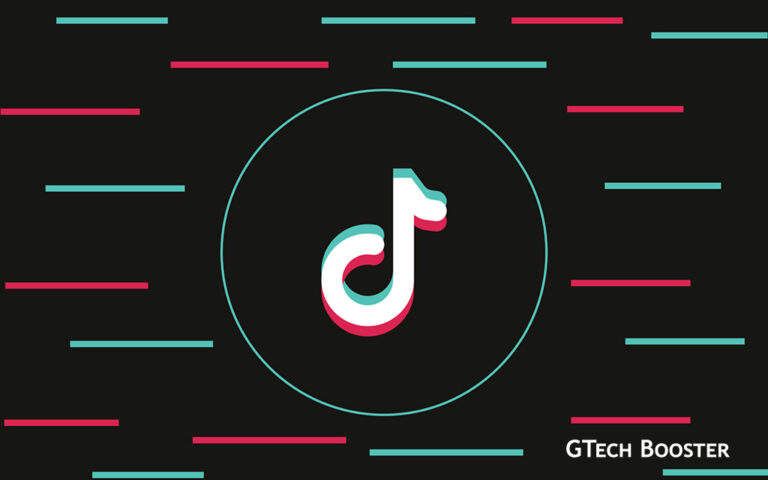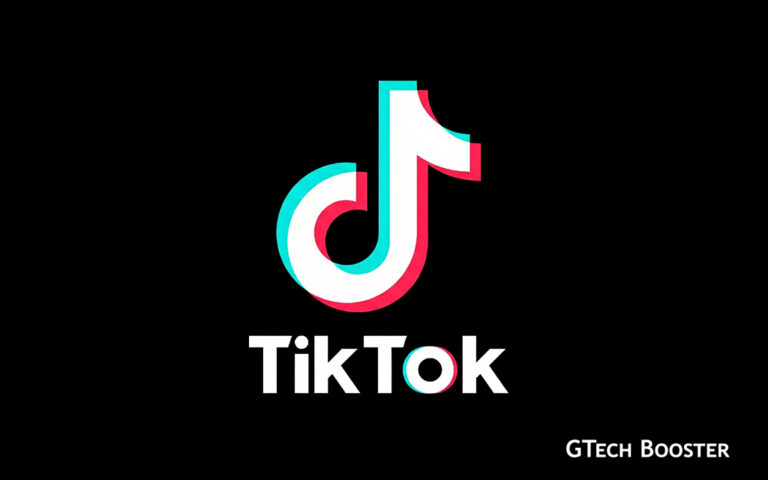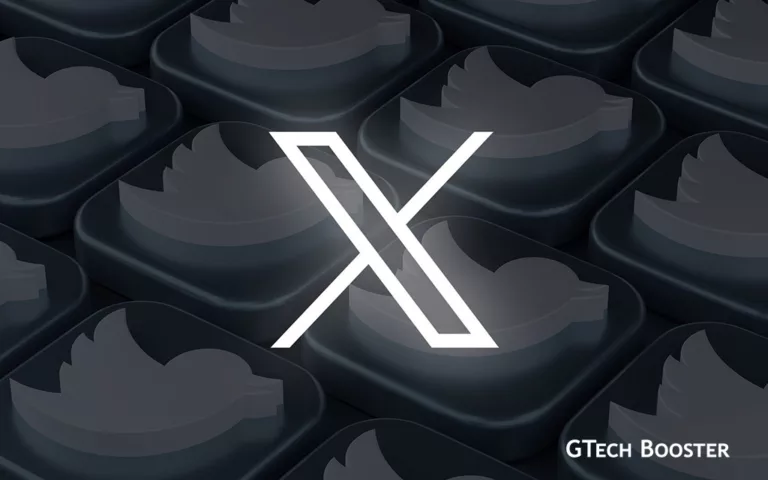Mastodon vs Twitter in 2025: Why Choose Decentralized Social Networking?
Discover why Mastodon offers privacy, community focus, and no ads, contrasting with Twitter's global reach and algorithmic feeds in 2025.

Mastodon is increasingly gaining attention as a compelling social media alternative to Twitter (now called X). Here’s why Mastodon stands out and what it offers compared to traditional centralized platforms:
What is Mastodon?
Mastodon is an open-source, decentralized social network created in 2016. It consists of independent servers (called instances), each with its own rules and moderation, yet interconnected so users across instances can interact seamlessly. This decentralization removes a single controlling entity, giving communities autonomy and greater privacy control.
Why Choose Mastodon
Privacy and Control
Unlike Twitter, which is centralized and collects extensive user data for ads, Mastodon prioritizes privacy by design, with no centralized tracking or data collection.
Community Focus
Mastodon fosters smaller, niche communities tailored for thoughtful, meaningful discussions. Users join instances based on their interests, creating a more tailored social experience.
Ad-Free Experience
Mastodon does not show advertisements, avoiding algorithmic feeds that prioritize engagement over content quality. Its timeline is chronological, making content discovery transparent and organic.
Customization & Open Source
Being open source, Mastodon allows server owners to customize rules and features, fostering diverse cultures and moderation styles.
Mastodon vs Twitter Comparison
| Feature | Mastodon | Twitter (X) |
|---|---|---|
| Architecture | Decentralized (Federated) | Centralized |
| User Base | ~10+ million | 450+ million |
| Feed | Chronological, no ads | Algorithmic, ad-supported |
| Privacy | High, no centralized data | Extensive data collection |
| Community | Small, niche instances | Global, broad audience |
| Character Limit | Up to 500 characters (varies) | 280+ characters |
| Moderation | Community-driven per instance | Platform-wide policies |
| Customization | Open-source, customizable | Limited |
| Monetization | Non-commercial, donation-based | Ads and subscriptions |
Who Should Use Mastodon?
Mastodon suits privacy-conscious users, creators seeking focused communities, and organizations valuing independent moderation. It offers a quieter, more controlled space away from algorithm-driven noise, which appeals to those tired of mainstream social media’s pace and commercial interests.
Who Should Use Twitter?
Twitter remains ideal for users and brands seeking broad reach, rapid trending conversations, and real-time engagement. Its vast audience and polished user experience make it the go-to for news, viral content, and widespread visibility.
Mastodon offers a refreshing alternative to centralized platforms, emphasizing privacy, community, and openness. While it may not rival Twitter’s scale yet, its distinct approach makes it attractive for users looking for meaningful connections and liberation from ads and algorithms. Choosing between them depends on whether one values community-driven intimacy or global reach and trend dynamics.
















Be polite and constructive with your point.